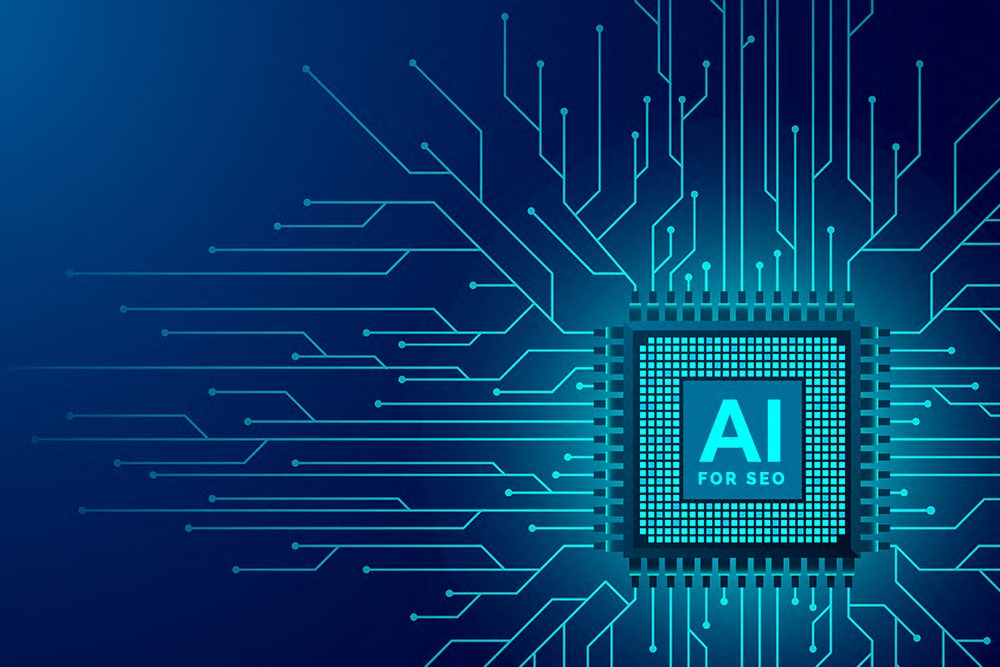Search engine optimization (SEO) has always been an integral part of online marketing strategies. It involves optimizing a website’s content, structure, and technical elements to rank higher in search engine results pages (SERPs) for relevant queries. While SEO has evolved significantly over the years, the emergence of artificial intelligence (AI) is taking it to a whole new level.
AI technologies, such as natural language processing (NLP), machine learning (ML), and deep learning, are revolutionizing the way we approach SEO. With AI, marketers can now analyze vast amounts of data and extract insights that were not possible before. In this blog post, we’ll explore how AI is transforming SEO and what it means for marketers.
Content Optimization
Content is the cornerstone of any SEO strategy, and AI can help optimize it in several ways. For instance, AI-powered tools can analyze the language and structure of a website’s content to determine its relevance to search queries. They can also identify keywords, topic clusters, and related phrases that can improve the content’s ranking.
Furthermore, AI can help marketers create content that resonates with their target audience. By analyzing user behavior and preferences, AI algorithms can recommend topics, formats, and styles that are more likely to engage users. AI can also help marketers personalize content by tailoring it to individual user preferences, such as location, interests, and search history.

Technical SEO
Technical SEO refers to the optimization of a website’s technical elements, such as site speed, mobile-friendliness, and security, to improve its ranking. AI can help with technical SEO by identifying issues that may hinder a website’s performance and providing recommendations to fix them.
For example, AI-powered tools can analyze a website’s code and identify errors that may affect its crawlability or indexing. They can also analyze server logs to identify issues with redirects, 404 errors, and other technical problems. By providing actionable insights, AI can help marketers improve a website’s technical performance and enhance its ranking.
Keyword Research
Keywords are the foundation of any SEO strategy, and AI can help identify the most relevant and high-performing keywords for a website. AI-powered tools can analyze search queries and user behavior to identify keywords that are most likely to drive traffic and conversions.
Furthermore, AI can help marketers identify long-tail keywords, which are longer and more specific search terms that are less competitive and more likely to convert. By analyzing user intent and behavior, AI can help marketers identify the most relevant long-tail keywords and incorporate them into their content.
Local SEO
Local SEO refers to the optimization of a website’s content and technical elements to rank higher in local search results. AI can help with local SEO by analyzing user behavior and search queries to identify local intent and preferences.
Conclusion
AI is transforming the way we approach SEO by providing insights and recommendations that were not possible before. With AI-powered tools, marketers can optimize their content, technical elements, and keywords to improve their website’s ranking and drive more traffic and conversions. As AI technology continues to evolve, we can expect to see even more innovative applications of AI in SEO.
